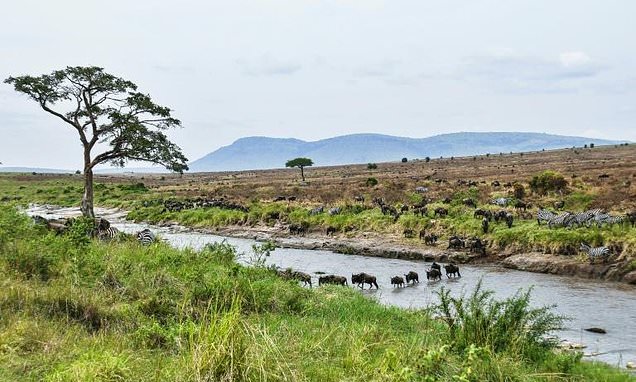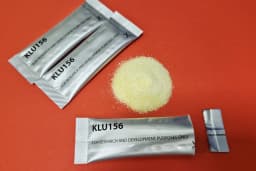Home / Environment / Maasai Community Fears Carbon Credit Scheme Could Destroy Their Way of Life
Maasai Community Fears Carbon Credit Scheme Could Destroy Their Way of Life
10 Nov
Summary
- Maasai herders in Tanzania offered money to change grazing practices for carbon credits
- Locals fear the scheme has ulterior motives and may lead to land seizure
- Experts and NGOs dismiss the scheme as "greenwashing" with little environmental benefit

As of November 10th, 2025, a carbon credit scheme linked to Volkswagen is causing concern among the Maasai community in northern Tanzania. The scheme, run by Volkswagen partner Soils for the Future Tanzania (SftFTZ), offers local Maasai herders money to keep their cattle on a strict "rotational grazing" plan, with the goal of allowing the grass to grow longer and capture more carbon.
The idea is that Volkswagen, and potentially other companies, will pay for these carbon credits to offset emissions from their operations. However, many researchers and NGOs have questioned the validity of such schemes, arguing that they disrupt local communities while doing little to actually improve the environment. They dismiss the initiatives as mere "greenwashing" to allow companies to continue polluting.
For the Maasai, the scheme seems absurd. They have been sustainably living on the land and rotating their grazing in line with the weather and seasons for centuries. Many locals, like 33-year-old mother Namnyak, fear the company has ulterior motives and may one day seize their land, despite assurances from SftFTZ and Volkswagen.
"It does not matter how much money they give us. We depend on our land for our cattle, our crops and our beekeeping. This is our lives, and the ones of the future generations," Namnyak told AFP.
Experts and NGOs have echoed the Maasai's concerns, with a 2023 study of a similar scheme in neighboring Kenya finding it "highly implausible" that the new grazing regime was actually being implemented. Maasai lawyer Joseph Oleshangay has gone so far as to call the whole thing a "scam," saying there is "nothing done for the land, not even a tree is being planted."




